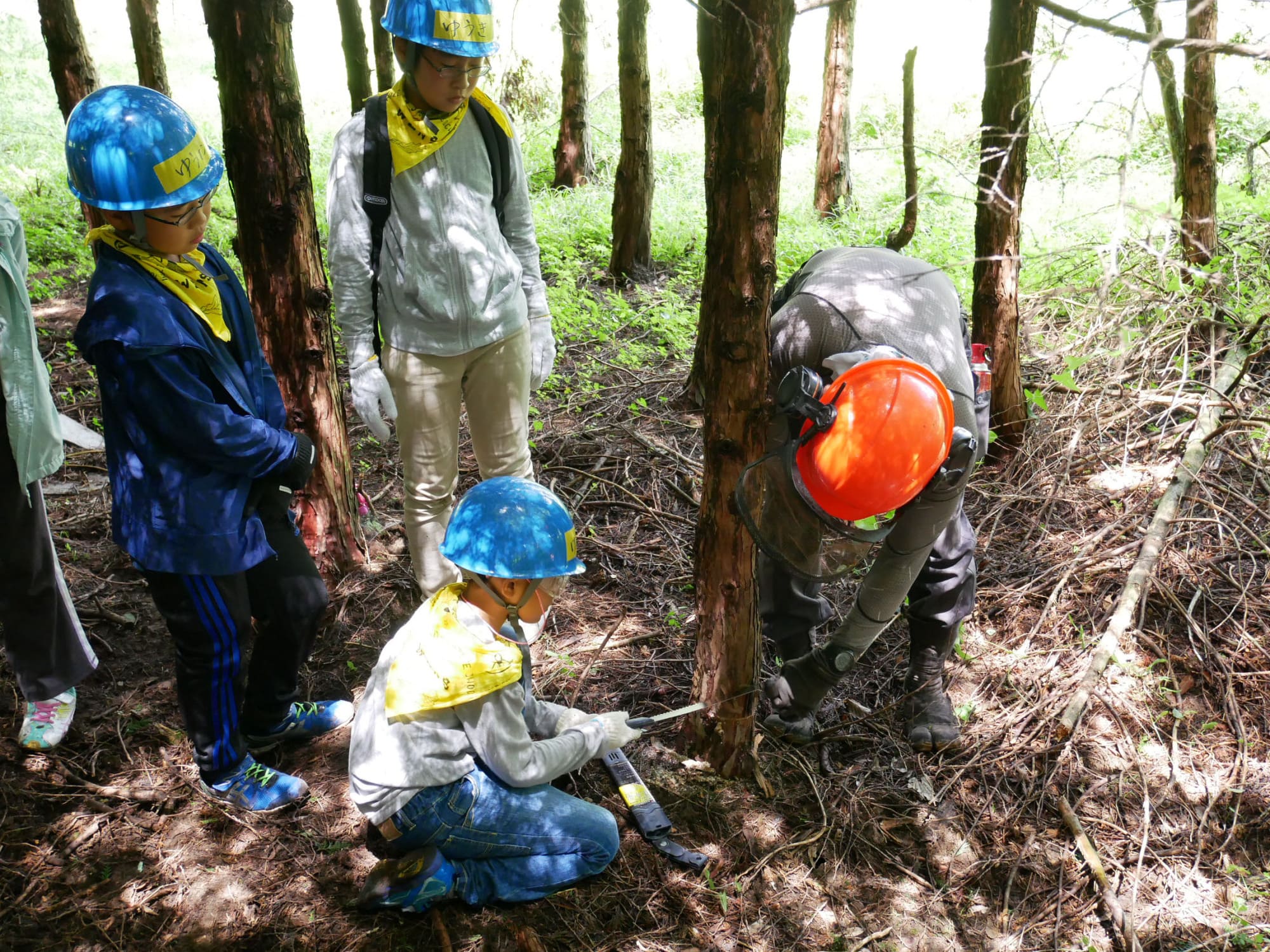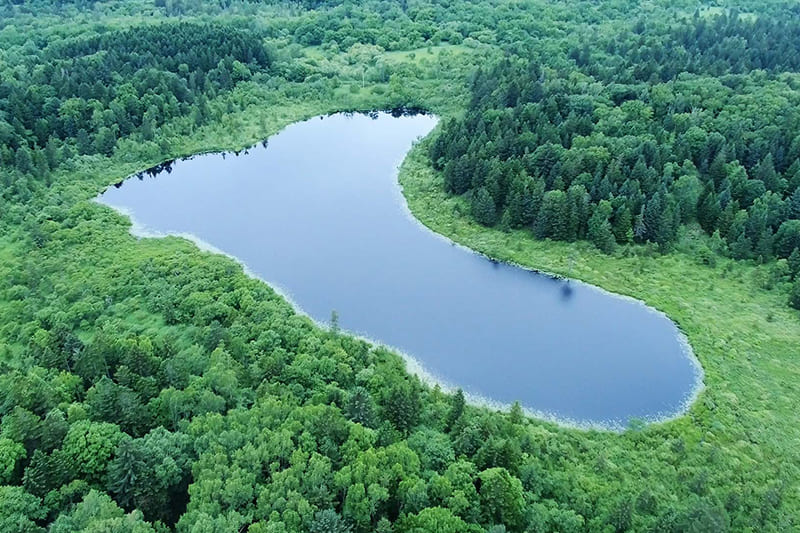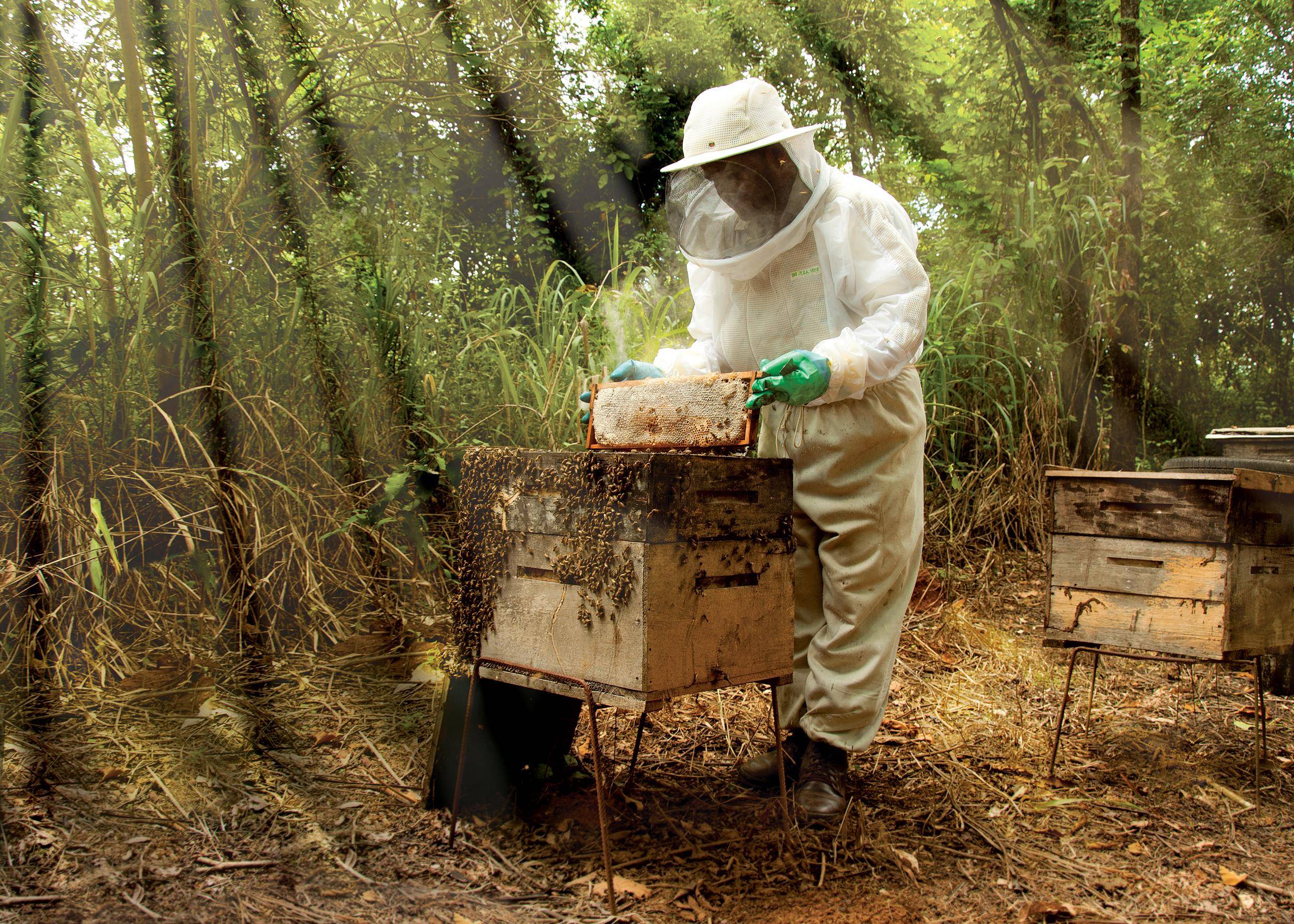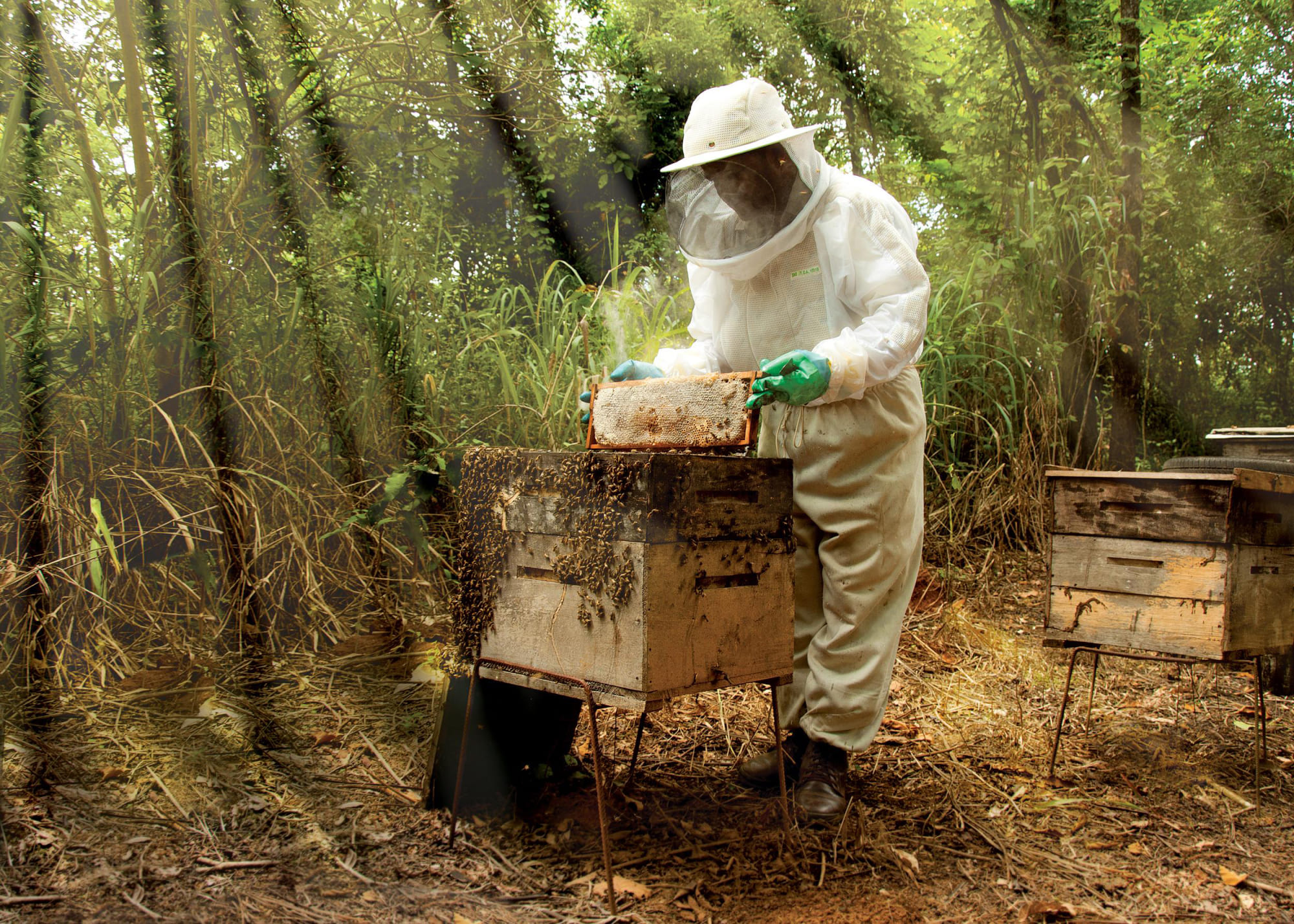September 17, 2018
For the future: Nurturing sustainable forests

Oji Group, with its headquarters based in Tokyo’s Chuo Ward, has been a major paper producer in Japan for almost 150 years. However, a lesser-known bit of information about the company is that it is also an owner and cultivator of vast forests.
Oji’s Sustainable Management Office General Manager Yoshimasa Tanaka said the company is the biggest private forest owner in Japan with a total of 190,000 hectares of forest — roughly the size of Osaka Prefecture.
All of the Japanese forests owned or maintained by Oji Group have been certified by the Sustainable Green Ecosystem Council, a Japanese body that stipulates standards for sustainable forest management.
It also has 260,000 hectares of forests outside Japan, with 200,000 of them certified by the Forest Stewardship Council and similar organizations.
Since the founding of the company, it has been Oji’s policy to create its own resources, as the depletion of forest resources would directly lead to the end of their business.
To keep forests healthy and to protect the environment of the surrounding areas, trees need to be cut down selectively. “Among the Japanese forests we own, the ratio of aged trees that are older than 56 is rising rapidly, so rejuvenating these forests is essential through clear-cutting followed by reforestation,” Tanaka said.
These trees need to be cut down before they lose economic value, something Oji does strategically. In some areas, trees are clear-cut and reforested, except on ridges and places along rivers and streams to protect the neighboring villages and water sources from landslides.
In other areas, trees are cut down in strips so as not to disturb the continuation of the ecosystem. In natural forests, only mature trees are cut down to facilitate the generational change.
Oji is also sustainable in terms of energy generation and consumption. In the process of making pulp from wood chips, black liquor is produced as a byproduct. It is used as a biomass fuel to generate electricity at Oji’s mills.
Forests consist not only of trees, but also of other living organisms. Oji participates in preservation projects of various endangered animals around the globe. Two such examples in Japan are the fairy pitta, a small and colorful migratory bird, and the sea-run taimen, the largest freshwater fish in Japan.
One of Oji’s forests in Kochi Prefecture is home to a few pairs of fairy pitta. In 2016, Oji signed a protection agreement with the Ecosystem Trust Society, a public interest incorporated association in Kochi Prefecture to continue its efforts to maintain the forest as an ideal habitat for the birds.
“Wild sea-run taimen are said to have already disappeared from Honshu. Hokkaido is one of the only areas left with wild ones, and the Sarufutsu River in the northern tip of Hokkaido is one of the major habitats for the fish,” Tanaka explained. As the owner of part of the Sarufutsu River basin, Oji established the Sarufutsu Itou Conservation Council with a local nonprofit, the village office and researchers in 2009.
The council offers an accommodation facility and fieldwork sites for researchers, makes proposals for new regulations and conducts its own research and patrol activities in the area. It also organizes symposiums and educational activities.
“Oji has also been offering the Oji Forest Nature School, a hands-on environmental education program for school children in five locations in Japan since 2004,” said Public Relations and Investor Relations Department General Manager Kazu Ikeda.
It is a three-day program that highlights activities such as touring a paper mill, planting and thinning trees, making paper, biodiversity observation and camping.
“During the tree-thinning activity, children are very surprised to see the sunlight suddenly streaming into the dark forest once the first tree is cut down,” said Ayako Amatatsu from the Public Relations and Investor Relations Department.
It is a method where children almost instinctively learn that adequate maintenance helps preserve biodiversity in the forest.
Oji’s almost 150-year-old policy on its own forests and resources is becoming the new normal in an age where paper is starting to replace plastic as a renewable material.


















